این ماه, مخاطبان می توانند نمایش دهند یک پالس صوتی on the Planet Classroom Network.
یک پالس صوتی, a documentary co-directed by Dorothy Allen-Pickard and Antoine Marinot, provides a captivating and eye-opening perspective on the experiences of deaf people with electronic music. Through deep vibrations and a unique sense of rhythm, the film explores how deaf people connect with music on a communal and visceral level, expressing themselves and experiencing the wonder of live music. This thought-provoking journey challenges viewers to reconsider what it means to be human and challenges the notion of disability.
Dorothy Allen-Pickard is an award-winning filmmaker with a particular interest in semi-autobiographical films. Antoine Marinot is a French graphic designer based in London, with experience in branding, art direction, and documentary co-directing.
جهانی جستجو برای آموزش و پرورش is pleased to welcome Dorothy Allen-Packard and Antoine Marinot.
What inspired you to explore the junction of deaf people and music?
Antoine: I remember seeing an installation at the V&A called, Tonotopia: Listening through Cochlear Implants, that really piqued my interest in the subject. There was one testimony from a woman who had completely lost her hearing at a music festival after her Cochlear implants faulted, leading to her experiencing the music in a very different way. The conversations we had while making this film have infinitely expanded our interest in the subject and reframed our conceptual understanding of how we all experience sound, music and vibrations.
What were some of the challenges you faced while filming یک پالس صوتی, and how did you overcome them?
Antoine and Dorothy: The main challenge was making sure we created the most accessible set possible, which meant having BSL interpreters at every stage of the process and learning from the deaf community how best to facilitate an accessible space.
What has been the response to the film so far, and how do you hope it will impact the way people think about disability and music?
Antoine and Dorothy: It’s screened at many international festivals, including Deaf film festivals, and has had great coverage online.
Richard France talks about losing himself to the beat of the music and the crowd, becoming one on the dance floor, and this experience was shared by everyone who helped make the film, both deaf and hearing. He says music shouldn’t be defined by hearing people because it’s about feeling vibrations and frequencies, and when people feel them they have a different sensual experience compared to if they hear them.
What other projects are you currently working on, and what themes or messages are you hoping to explore through your future films?
Dorothy: I’m working on a project to do with restorative justice that involves men with experience of the criminal justice system in the process of devising the story and performing one of the lead roles. It’s proving to be a great way of combining my interests in documentary methodology and drama.
از هر دوی شما متشکرم!
C.M. روبین, Dorothy Allen-Pickard and Antoine Marinot
از دست نده یک پالس صوتی, now streaming on the Planet Classroom Network. این فیلم برای شبکه Classroom Planet توسط Planet Classroom سرپرستی شده است.

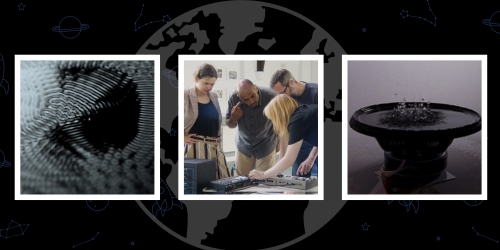
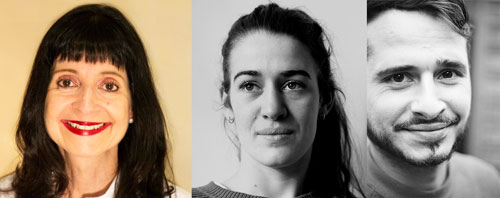
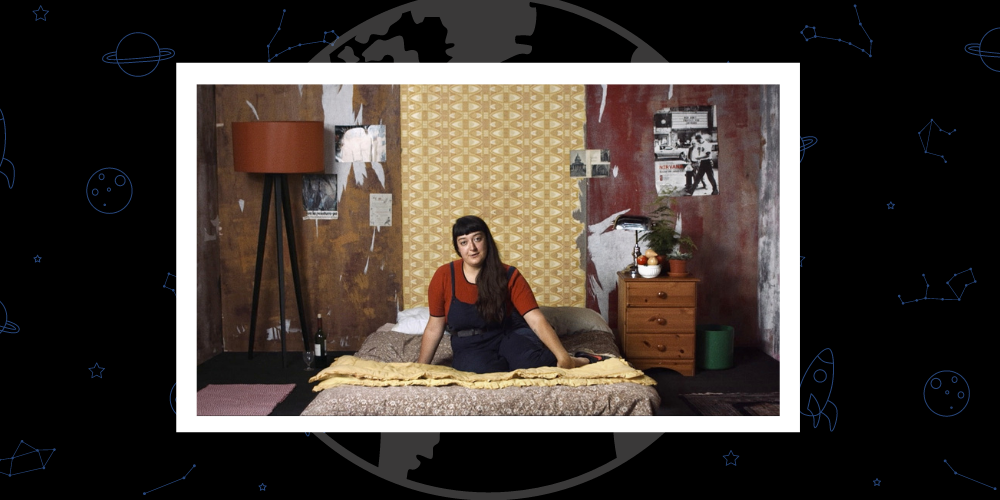
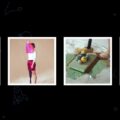
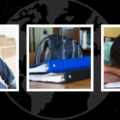

نظرات اخیر